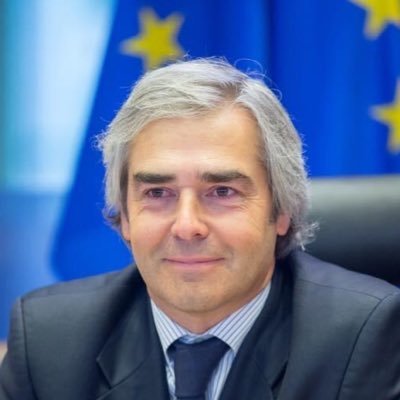SPAIN may be receiving a taste of its own medicine after a Portuguese government minister demanded the return of a border town that used to belong to Portugal.
Defence minister Nuno Melo shocked Spaniards when he told local media that the town of Olivenza, in Badajoz, is ‘naturally Portuguese’, adding: “This is not a provocation.”
“In fact, by treaty, Olivenza should be handed over to the Portuguese state,” he continued.
“As far as Olivenza is concerned, the Portuguese state does not recognise it as being Spanish territory.”

He added that it was not a question of ‘yesterday – it is today.’
The town of Olivenca and its surroundings were Portuguese from 1297 until they were invaded in 1801 by Spain shortly before Napoleon’s invasion of the Iberian peninsula.
After the Napoleonic Wars came to an end in 1815, the Congress of Vienna was held to restore the map of Europe and return conquered territories to their original owners.
One of the agreements included a resolution that Spain should return Olivenza to Portugal – something that it never complied with.
In its defence, Spain relies on a number of arguments that Gibraltarians might be wryly familiar with – namely that it has continuously exercised control over Olivenza for more than 200 years.

The town’s population, administration, and infrastructure have all integrated into Spain over the centuries and have no wish to have a change of sovereignty forced upon them.
The town’s mayor, Manuel Jose Gonzalez Andrade, was quick to tell Melo to stop using language that could ‘divide communities.’
The mayor stressed that Olivenza has a ‘shared history that makes us proud, as it defines our uniqueness.’
Meanwhile, the former president of Extremadura – and an Olivenza native – Guillermo Fernández Vara, wrote on X: “Olivenza is an Extremaduran and Spanish city, proud of its Portuguese past.

“We feel like the ‘children of Spain and the grandchildren of Portugal.’”
He called ‘borders of yesterday’ the ‘bridges that today build the Europe to which we belong together.’
Melo has since clarified that his remarks do not reflect the official stance of Portugal’s government, led by Luís Montenegro.
The comments, he said, were made in response to a question and were not coordinated with other government members.










